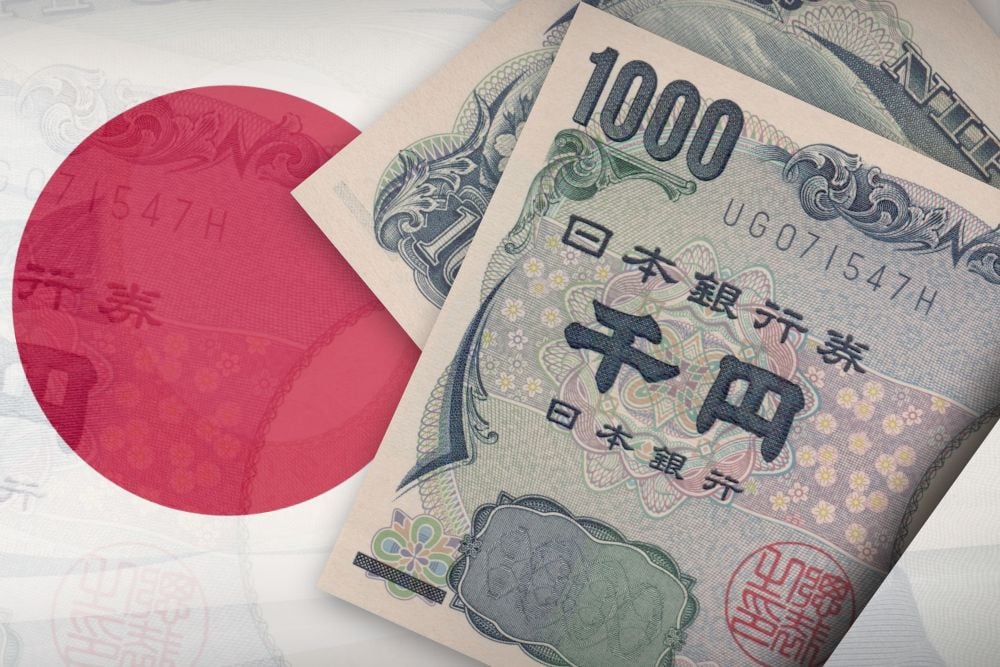 |
|
Parenthood is an expensive business. If you’d thought the pushchairs were expensive, the nursery fees daylight robbery and international school fees in Asia extortionate, you are in for an even bigger surprise. By the time that once newborn bundle of yours is 18 years old, his or her college or university education is likely to be setting you back tens of thousands of pounds a year.
What’s more, even if you’re a UK citizen and your child is too, the fact that you don’t live in the UK may mean you could have to pay significantly more than you would if you were still back home. That’s because your children are likely to be regarded as international students if you are still living abroad as an expatriate family.
In order for them to be treated as domestic students rather than international, and thus pay GBP9,000 per year (HKD105,200, USD14,000, EUR11,300) in tuition – as opposed to GBP15,063 to GBP23,000, annually – your children would have had to have been ‘ordinarily resident in the UK’ for the full three-year period before the first day of the first academic year of their university programme. This ‘ordinarily resident in the UK’ status would help you save 67% on tuition fees.
It doesn’t stop there: not only will they, as “international students”, be expected to pay over twice as much in annual fees than their UK resident cousins, they’re also unlikely to qualify for UK government-sponsored financial student support such as tuition fee loans, or, because of their British passports, qualify for certain scholarships and grants that are available to international students studying in the UK.
Arguably unfair facts of expat life
These surprising and arguably unfair facts of expat life have received little coverage in the mainstream or expat press here in Asia, presumably because they affect a relatively small number of people each year, most of whom are spread out across the planet, – but with 137,000 British citizens migrating from their home country each year, the number can become significant over time. But these facts are extremely important for expat parents to be aware of. And they demonstrate why it is essential that you face up to the education costs issue early in your child’s life, in spite of an overpowering (and understandable) urge to look away, particularly in the early years.
Because as bad as the shock is of realising what three or four years of university education in 18 years’ time is likely to cost, (particularly after you add in such ‘extras’ as textbooks, the cost of buying and maintaining computers and other equipment and materials), it is far worse if you postpone the day of reckoning by 10 or 15 years or more.
While planning for your children’s financial future and your own is not easy, professional help with issues you may face as a British expat in Hong Kong, could help you put effective arrangements in place to give your children the opportunity to fulfil their potential.
What you can do now
One of the first things you could do to plan for your children’s financial future and your own is consult a financial adviser within the first six months of their birth to get a sense of how much you might conservatively begin setting aside into an education savings fund. You could look into the different ways in which this savings fund might be held, and managed, most efficiently and safely.
Using a ballpark estimate of the minimum cost of sending an “international student” to Cambridge for a three-year degree of GBP 114,000 (HKD 1.33 million), for example, your adviser might recommend that you set aside a minimum of GBP 6,333 (HKD74,000) each year from the date of your child’s birth, in order to achieve the necessary sum by his or her 18th year.
This scenario assumes that the savings gained no interest or growth throughout the 18 year period. In all likelihood, the money that you set aside will grow, thus reducing the total amount you would have to set aside from your post-tax earnings.
Levels of growth will depend on interest rates and the investment strategies used. Investments always involve some element of risk, which your adviser would have to discuss with you.
Currency fluctuations
Currency fluctuations over the next 18 years could have a major impact on any savings you manage to put aside, if your income is being paid to you in Hong Kong dollars and your child is likely to attend university elsewhere.
No one, of course, can begin to accurately predict how any two currencies will move over the course of several years, let alone over an 18-year period. The British pound to Hong Kong dollar exchange charts have fluctuated between 10.6 and 16.4 for the past 10 years.
But as investment experts will tell you, ignoring the possibility of major shifts is dangerous, and it is something you must take into account early on.
Toby Simpson is regional sales director for Friends Provident International, currently based in Singapore
******
Editor's note: The contents of this article are for information only and do not constitute investment advice or an offer to provide any product or service by Friends Provident International (FPI) or other companies within the Aviva group. FPI and other companies within the Aviva group accept no liability for loss of any kind incurred as a result of reliance on the information or opinions provided in this article.








